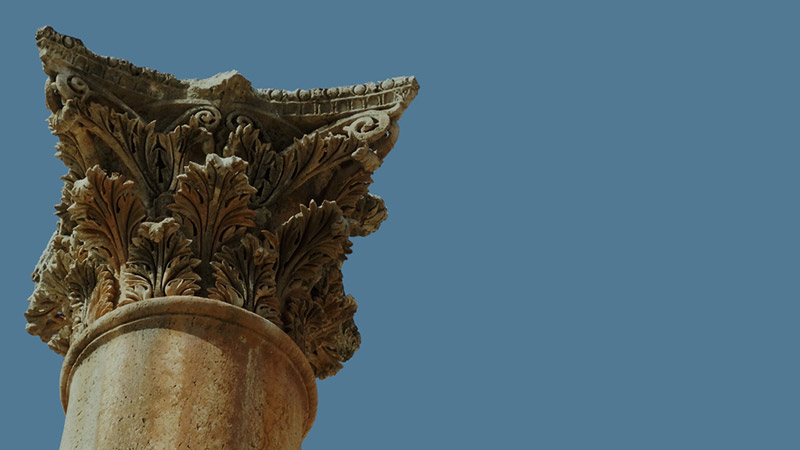Select Marker to See Location Name
You Searched "Jesus Baptized by John"
-
Volume 16
Volume 16 | Cultures In Conflict
-
Volume 15
Volume 15 | A Clash of Kingdoms
-
Volume
15.2 | The Believers
-
Volume 14
Volume 14 | The Mission of Jesus
-
Volume 11
Lesson 11.1 | The Way of the Essenes
-
Volume 11
Lesson 11.4 | The Last Passover
-
Volume 10
Lesson 10.1 | Build Me a Sanctuary
-
Volume 10
Lesson 10.2 | Making Space for God
-
Volume 7
Lesson 7.3 | An Unlikely Disciple
-
Volume 7
Lesson 7.5 | Don't Forget Us
-
Volume 6
Lesson 6.4 | Living Stones
- LOAD MORE
- SHOW ALL








































































